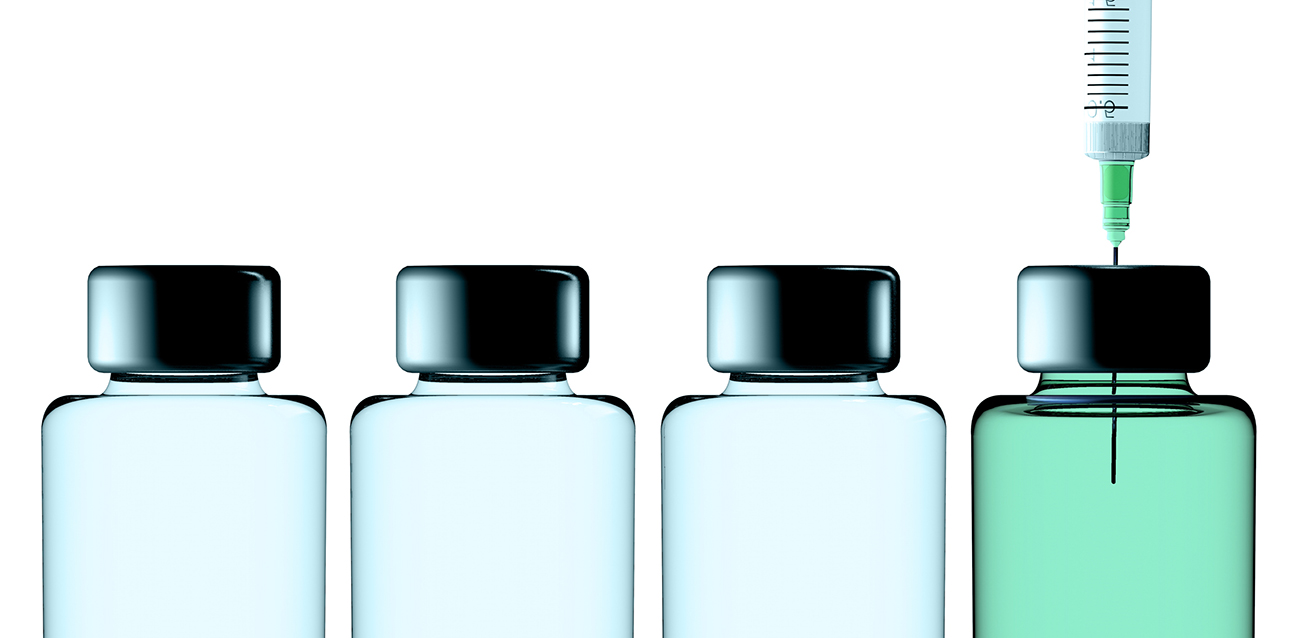Rheumatologists are often flying blind when it comes to estimating the right dose of a biologic in paediatric rheumatology
Rheumatologists are often flying blind when it comes to estimating the right dose of a biologic in paediatric rheumatology.
Children with juvenile idiopathic arthritis (JIA) process biologics very differently to adults but there are fewer studies on this population due to ethical constraints.
Ideally, therapeutic drug monitoring would be useful, where the dose of an anti-TNF agent is adjusted through monitoring of its concentration in the blood or plasma to ensure the serum level remains within a target range.
But, as Canadian researchers pointed out earlier this year in their review of 20 studies in Rheumatology, there isn’t nearly enough data yet to make therapeutic drug monitoring possible or practical for paediatric patients.
We just don’t know what serum drug concentration of anti-TNF agents produce a clinical effect in children, the researchers said.
It’s not possible to extrapolate from adult data because children “handle medications very differently compared with adults” and children tend to have enhanced breakdown of TNF inhibitors, they said.
“While therapeutic drug monitoring is a promising tool in precision medicine, at this moment too many uncertainties remain that preclude the application of therapeutic drug monitoring in this situation for clinical care,” the authors said.
In October, Australian rheumatologists Dr William Renton and Dr Athimalaipet Ramanan from Monash Children’s Hospital in Melbourne penned an editorial in response to the Canadian review.
It was unfortunate that there was such a “sheer lack of data” around therapeutic drug monitoring in paediatric rheumatology, they wrote.
Without a method for monitoring the concentration of the drug in the patient’s bloodstream, there was a risk of over or under-dosing, they said.
Over-dosing carries a risk of becoming vulnerable to serious infection, whereas under-dosing can lead to inadequate clinical response, they said.
Randomised studies have shown that patients with JIA on a lower dose of infliximab can have “lower clinical response rates but also higher adverse event rates including, but not limited to, hypersensitivity reactions and incidence of anti-infliximab antibodies when compared with the higher dose group”, they said.
“There are strong indications that biologic therapeutic drug monitoring could be a key tool for the development of future treatment algorithms and homogenization of practice in paediatric rheumatology,” they said.
“It has a major role for addressing many unanswered questions including how to optimally intensify treatment in the setting of inadequate clinical response and the best approach to weaning biologics after a period of disease control.
“Improving pharmacokinetic characteristics and pharmacokinetic/pharmacodynamic understanding should be the first step moving forward.”
Rheumatology 2019, 5 October – editorial
Rheumatology 2019, 23 July – review


